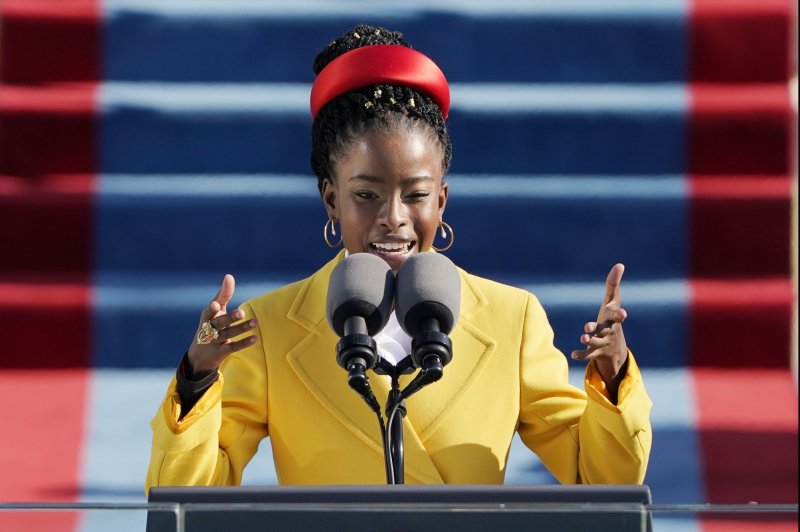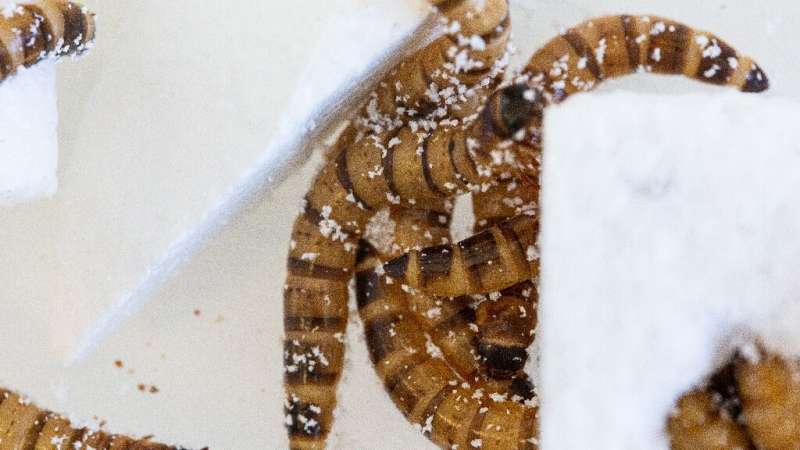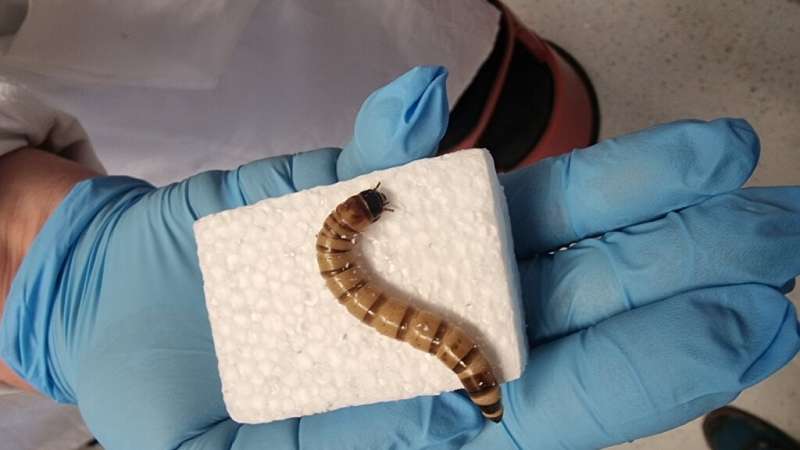Policymakers at the European Central Bank (ECB) have finally acknowledged that high inflation is a danger. They've announced measures to tighten monetary policy, but DW's Henrik Böhme thinks they are late to the game.

Unlike the US Federal Reserve, the European Central Bank seems way behind the curve in fighting inflation
In the end, the pressure on the European Central Bank (ECB) became too great for its policymakers; they could no longer ignore skyrocketing inflation rates in the euro area and dismiss them as "a temporary phenomenon," as ECB President Christine Lagarde said as recently as in December.
Lagarde's mantra of keeping cool in the face of an unprecedentedly swift onslaught of rising prices, notably for food and energy, was swept away by a market reality that is becoming a threat to the financial health of corporations, countries and consumers alike.
Governments across Europe are trying to stem the tide of rising prices with massive aid packages, mostly for low-income earners and families. Germany, for example, is sending €300 ($319) energy checks to households these days, as well as subsidizing car fuels and introducing a monthly €9 ticket for using public transport that will be valid until September.
Nevertheless, ECB policymakers — the group of people who have the most effective tools for fighting inflation at their disposal — have been sitting on their hands for more than half a year now. Conventional economic wisdom should have told them months ago that there's no way around hiking interest rates in the eurozone.
Turkey's current course, where low rates and runaway inflation are leading to a nightmare scenario, should have taught the policymakers a lesson. (Strangely enough, Turkish President Recep Tayyip Erdogan still believes that raising rates would fuel consumer price inflation even more.)
But ECB policymakers seem to have finally come to their senses, albeit grudgingly, and have agreed on a modest tightening of monetary conditions. After an unbelievably long 11 years, benchmark interest rates in the euro area are slated to be raised by 0.25% in July, and the ECB's massive asset purchases are to stop.
Christine Lagarde repeatedly said over the past few months that the long-overdue move was on the horizon. And yet the ECB chief is wasting a crucial moment in the fight against eurozone inflation by making the hike late in July and not immediately. That is too little, too late!
Why so?
Inflation expectations are a dangerous development. With every week of rising prices, consumers get used to the idea that everything gets more expensive. Or, as the late German Bundesbank President Otmar Emminger used to quip in the high-inflation 1970s: "Whoever flirts with inflation marries it." That's because once expectations of ever-higher prices become rooted, labor unions unfailingly demand higher wages for their members, thus setting a wage-price spiral in motion that leads to even higher inflation.
Such a development is painfully hard to contain, which is why the ECB rate increase is the right thing to do, but it should have been enacted much earlier and possibly even been made bigger.
It goes without saying that European financial markets reacted to Thursday's ECB rate announcement with slumping prices. A logical development, given that it hurts when you take away the drugs from the bond market addicts who've been feasting on cheap central bank money for more than a decade.
Under the ECB's whatever-it-takes monetary policy to save the euro, an estimated €4.4 trillion ($4.6 trillion) has been pumped into stabilizing the bond yields of heavily indebted countries in the eurozone's southern periphery. This figure was recently published by the ZEW think tank in Mannheim, Germany. The lion's share of the ECB's asset purchases since the eurozone 2010 sovereign debt crisis were bonds from Spain, Portugal and Italy, the organization found.
ECB in a bind
But what once helped the eurozone from drowning in debt is now coming home to roost as rising inflation — and presenting the ECB with a massive dilemma. Higher interest rates may curb inflation, but at the same time, they threaten the nascent upswings in many eurozone economies that are just getting started after the coronavirus-caused downturn.
In addition, higher rates will weigh heavily on still-indebted eurozone members, like Greece and Italy, by making their debt refinancing costlier. In times of zero or even negative interest rates, life was paradise; investors were even paying them for their debt. The same applies for highly indebted businesses, the so-called zombie firms, that are now looking unlikely to survive tighter financial conditions.
What seems the order of the day is a plan for both the ECB and the eurozone as a whole to return to sound state finances and EU debt rules that have been broken more often than not and are still frozen under pandemic emergency laws.
More EU stimulus packages aren't needed because the last one thrashed out during the pandemic's high point hasn't even been fully exhausted yet. And if there's one thing safe to say these days: More public money will have only one effect — even higher inflation.
















